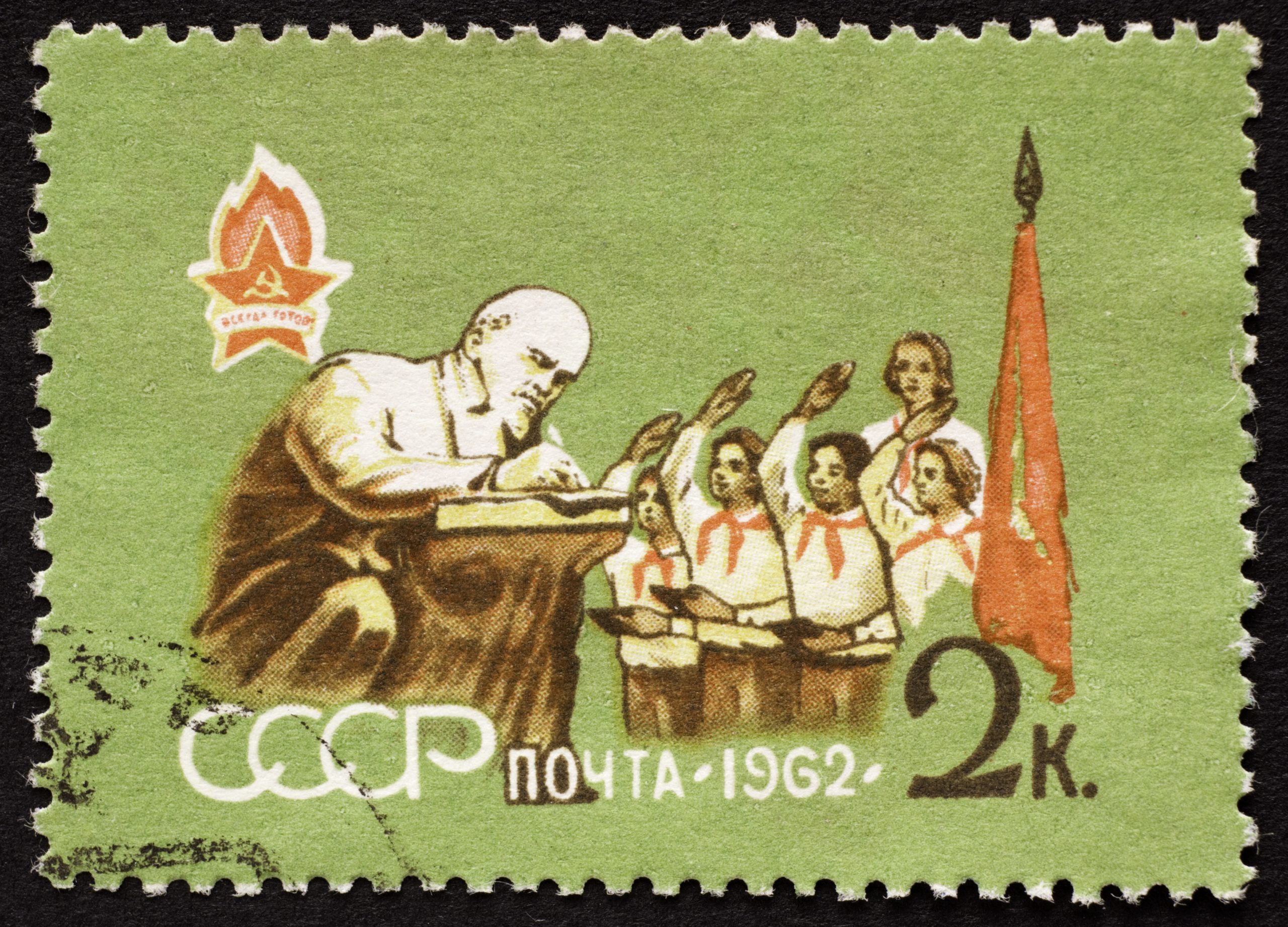Recovering victims of woke abuse have had enough.
Parents’ Rights

The uses and limits of relying on liberal mechanisms to fight liberal denouement
Could the founders have imagined, in 1776, that two and a half centuries later, American parents would face the prospect of losing custody of their children for failing to make them eunuchs in the service of an ideological industry dictated by state-sponsored drag queens and drug cartels?
The question is ridiculous on its face. It is a long-held precept in the Western world, stretching back even before the dawn of the liberal state, that parents have a natural dominion over their children and that, in general, parents have the right to make personal, medical, educational, and religious decisions for their children without government interference unless there is proof of extreme abuse or neglect.
Parental rights were among the many implicit natural rights that Hamilton warned against enumerating in the American Constitution. In Federalist 84, he argues that the act of explicitly but vaguely defining certain rights would leave them subject to misinterpretation or violation. Hamilton additionally noted that if you accounted for some, you would have to account for all, because those left unaccounted for would fall in danger of being forgotten altogether.
Proving Hamilton’s point, the American Left has revealed in no uncertain terms this year that they indeed regard natural rights––especially those not explicitly listed in the Bill of Rights––as government-administered privileges to be granted or rescinded based on bureaucratic whim. What was taken for granted as common sense for so much of American history (that children are natural subjects of their parents, and that parents are the best guarantors of their children’s health and happiness) has been lost. Against nature, children are understood under the current regime to be, most fundamentally, wards of the state. By this logic, children as state subjects are optimized for society when all aspects of their care are entrusted to officially credentialed, state-sanctioned subject matter experts such as teachers, social workers, and public health bureaucrats. Cooperative parents are unpaid functionaries. Even mildly resistant parents are threats to the system.
The central tenet of the current default attitude is part of what Patrick Deneen identifies as the “false anthropology” of liberalism in Why Liberalism Failed. That is, the notion that human beings are divisible both on the internal personal level (viewing components of the self as discrete entities) and the familial level (viewing deep familial bonds between humans as essentially fungible). This is the core problem for Americans, both personally and politically. Parents have bought into the idea that they need to outsource the raising of children for the sake of perceived higher goods (financial security, career optimization, or so-called “socialization”). The government is attempting to enshrine this concession as law.
This conflagration of public and private atomization leads to deep identity-based disorder in private and in public. For example, children of the American public school system are failing. Individually, they lack a sense of purpose, which they would find through the unity of heart and mind that a true and better education would aim to provide. Collectively, they lack the sense of belonging that deep connection to family, history, and nationhood also tend to provide. Instead of examining their humanity in any meaningful sense, they bounce from subject to subject with no unifying principle of understanding except for the attitude that the old white men who came up with these various subjects are irredeemably evil. Illiteracy abounds. Mental illness abounds.
Children who study under the direction of their parents, even without any official teaching credential, fare much better by every metric.
Last week, Senator Josh Hawley’s office released “a Parents’ Bill of Rights, for every mom and dad in America.” His “proposal would guarantee them the seat at the table they deserve, one that no bureaucrat – or political party – can take away.” Hawley demands transparency, in classroom content and in how schools spend tax dollars, and that parents may speak at school board meetings without fear of reprisal.
A program to make explicit what the founders took for granted—that the Christian family is the moral core of civilization—is needed to fight back, but relying on liberal mechanisms to fight a liberal cause will be a tricky landscape to navigate. I hesitate to criticize Hawley’s approach too soon, primarily because it’s the most ambitious thing we’ve seen from a Republican since the Hays Code. But Hawley’s program, in focusing exclusively on public education, already treats parental rights too disjointedly. Of course, education is where the battle is being fought, and is thus a good and important place to to start. But the parental bill of rights, if we are to make one, cannot peddle exclusively in education because that is just one aspect of the culture’s sweeping attack on familial sovereignty. Parents’ dominion over their children is holistic, not discrete.
A parents’ bill of rights must be more expansive, and should attempt to encapsulate the whole picture of parenthood both in terms of dominion over children, responsibilities for children, and parents’ right and responsibility to defend the family against the worst excesses of the tyranny du jour: globo-homo-techno-consumer-capitalism. Parent’s rights should aim to reclaim parental authority in the public arena, not just over Department of Education apparatchiks, but also Big Tech, Big Pharma, and the entertainment industry, especially pornography. The promise to punish tyranny, actually, is the most promising aspect of Hawley’s bill. He writes: “In addition to writing them in law, Congress also needs to give these parental rights teeth. Where any of these rights are infringed, parents should be able to sue to enforce them. If schools or districts refuse to cooperate, their federal funding should be on the chopping block.” Imagine if similar suits were made possible for parents whose children accessed pornography due to lax authentication systems and targeted marketing campaigns.
Still, we have to wonder, as Hamilton did, whether enumerating parents’ rights in this way, even if we are to be as expansive and detailed as possible, ultimately plants the seeds of an even more dramatic violation of those rights in the future. One need not look further than the Civil Rights Act of 1964 to see just how those explications have since been used to discriminate on the basis of race, this time against whites.
Recalcitrant parents should keep Hamilton’s warning in their back pocket as they righteously proceed apace. Inaction in the face of this deep moral crisis is not an option, and as Alinsky wrote, using the language and habits of the enemy in order to twist their arm can be a very effective method of subversion. Make them live up to their own rules. Nevertheless, we cannot rest on the hope that even under duress, a regime dedicated to individual rights with an improper conception of the individual can re-embrace the family unit as the rightful anchor of society. We must be as vigilant as the activists who killed common sense in the first place. We must do what’s possible with what’s in front of us—while always preparing for what may come.
The American Mind presents a range of perspectives. Views are writers’ own and do not necessarily represent those of The Claremont Institute.
The American Mind is a publication of the Claremont Institute, a non-profit 501(c)(3) organization, dedicated to restoring the principles of the American Founding to their rightful, preeminent authority in our national life. Interested in supporting our work? Gifts to the Claremont Institute are tax-deductible.
Pandering to students makes them slaves to their passions.
Racial tribalism doesn’t have to be part of the curriculum to dominate education.
Conservatives need to force radical educators into being honest about their perverse aims.
Following Trump’s lead, a grassroots movement has forced the GOP to fight.
Neo-Marxists are Communizing your children.






